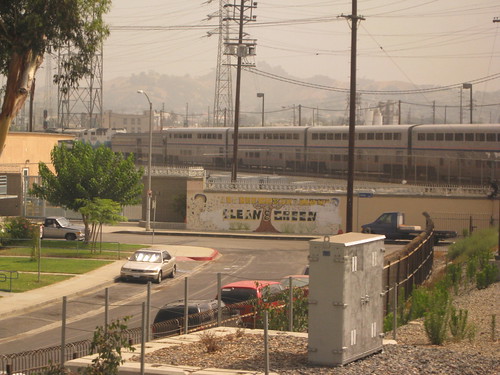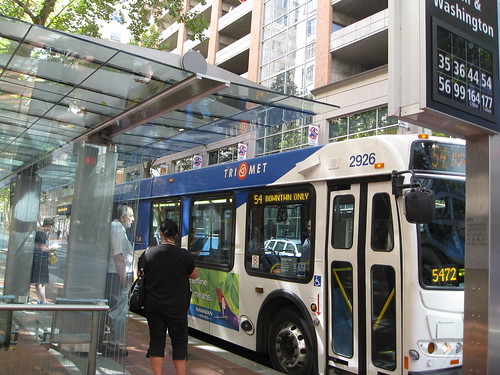American Public Works Association
APWA is developing an emergency management peer network. It requests that members share their expertise about the different facets of emergency preparedness, response, mitigation, planning, and recovery. The "database will operate as an in-house listserv for APWA members who need advice or information on emergency management matters."
How to be FEMA Ready When Disaster Hits (Rebroadcast) - audio/web broadcast - Oct. 11, 2011 - Pointing out that within the last five years, every state has had at least one disaster declaration, APWA presents this program to help identify what should be ready before disaster strikes and what can be expected when dealing with FEMA after the disaster. Participants will learn how to justify the value of a good asset management system that gives quantifiable information to help identify the cost of bringing assets back into use and how to estimate the length of time and resources involved in the recovery process.

[In LA, Amtrak's Coast Starlight passes environmental message.]
Preparedness Considerations for Aging Americans - webinar - tomorrow, Sept. 20, 2011 -
This webinar will provide information about specific preparedness steps for Aging Americans. Speakers will include representatives from the Federal Emergency Management Agency and leaders at the forefront of Aging American Preparedness. Advanced registration for this webinar is not required.
Impoverished, Working and Getting Old
National Association of States United for Aging and Disabilities
NASUAD releases a primer for the Senior Community Service Employment Program, which explains how the over-40-year-old program works. It is the only "federally mandated job training program that explicitly serves low-income adults, age 55 years and older." One of the family of services for which recipients may receive assistance is transportation. Tight restrictions on who is eligible exist, but the program provides individualized supports for recipients.
Supportive services commonly provided to the participant—either by the subgrantee or through referrals to other agencies—include transportation, legal assistance with access to a benefits specialists, subsidized housing, caregiver support, personal and financial counseling, health care, and medical services. Participants may also be offered rent and utility assistance, payment of reasonable costs for transportation and money for incidentals such as uniforms, shoes, badges, safety glasses, and tools.
 [Portland bus stop offers a high-tech, urban image.]
[Portland bus stop offers a high-tech, urban image.]

No comments:
Post a Comment